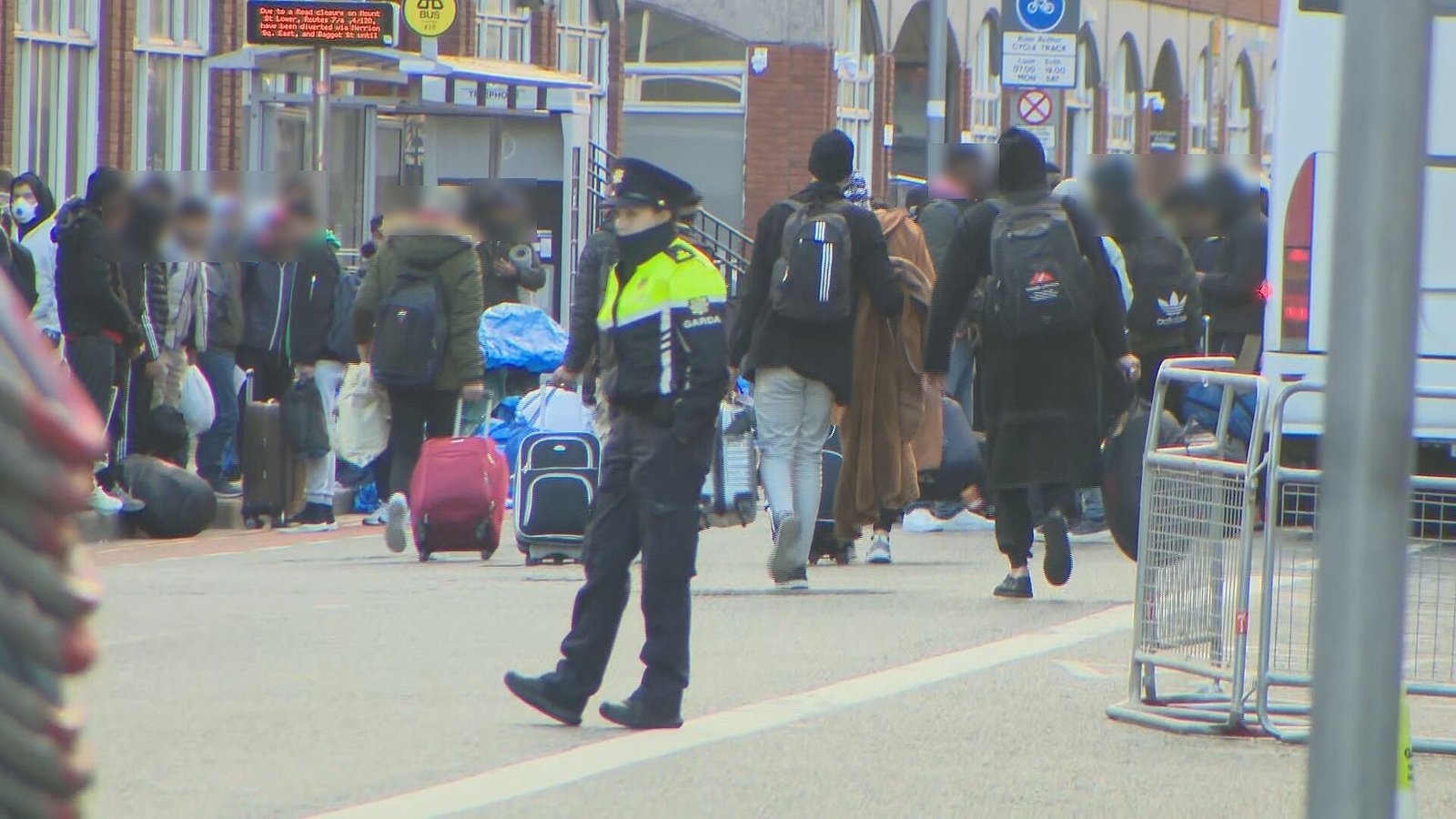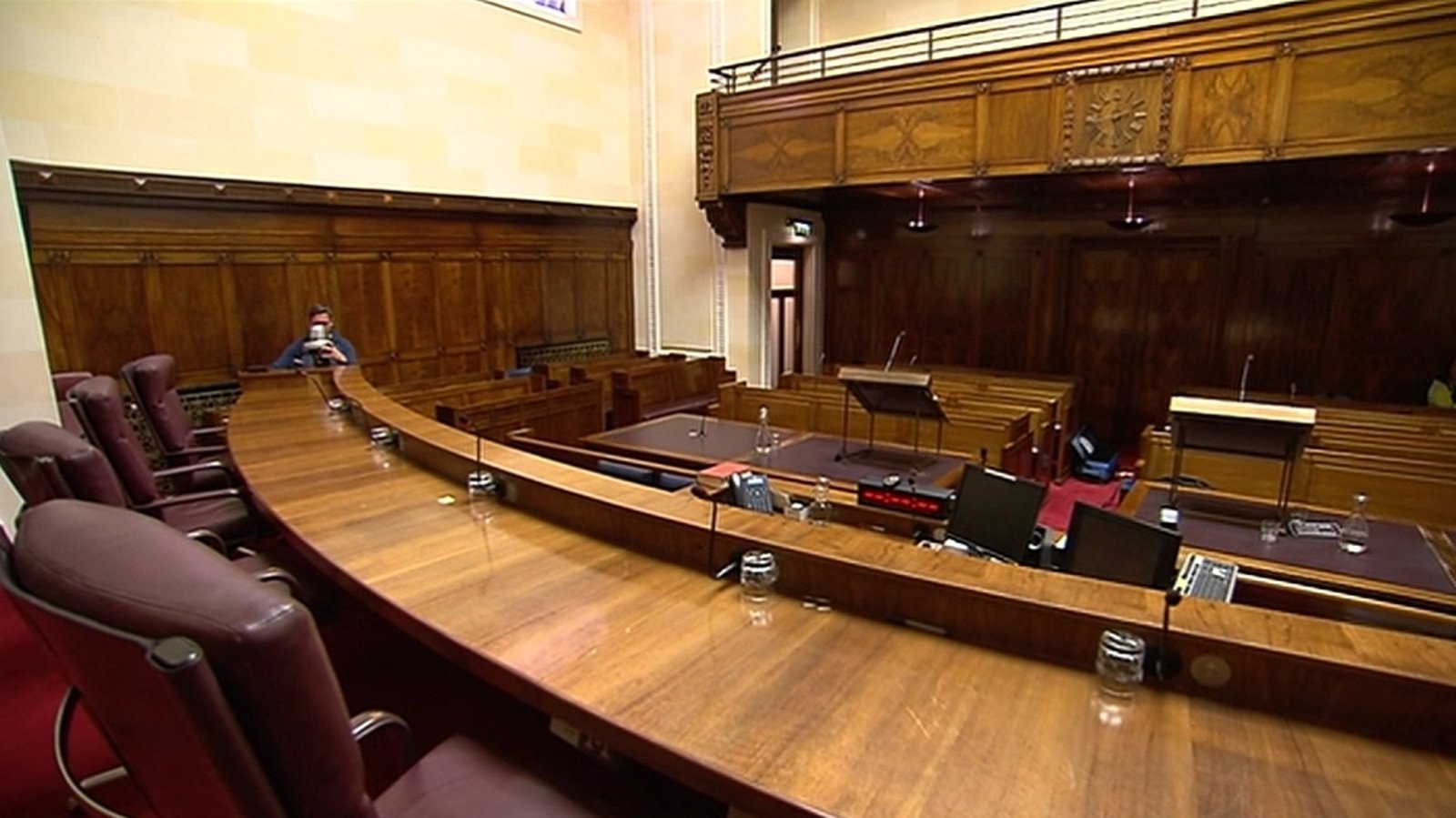Parties under pressure to show they can deliver quickly
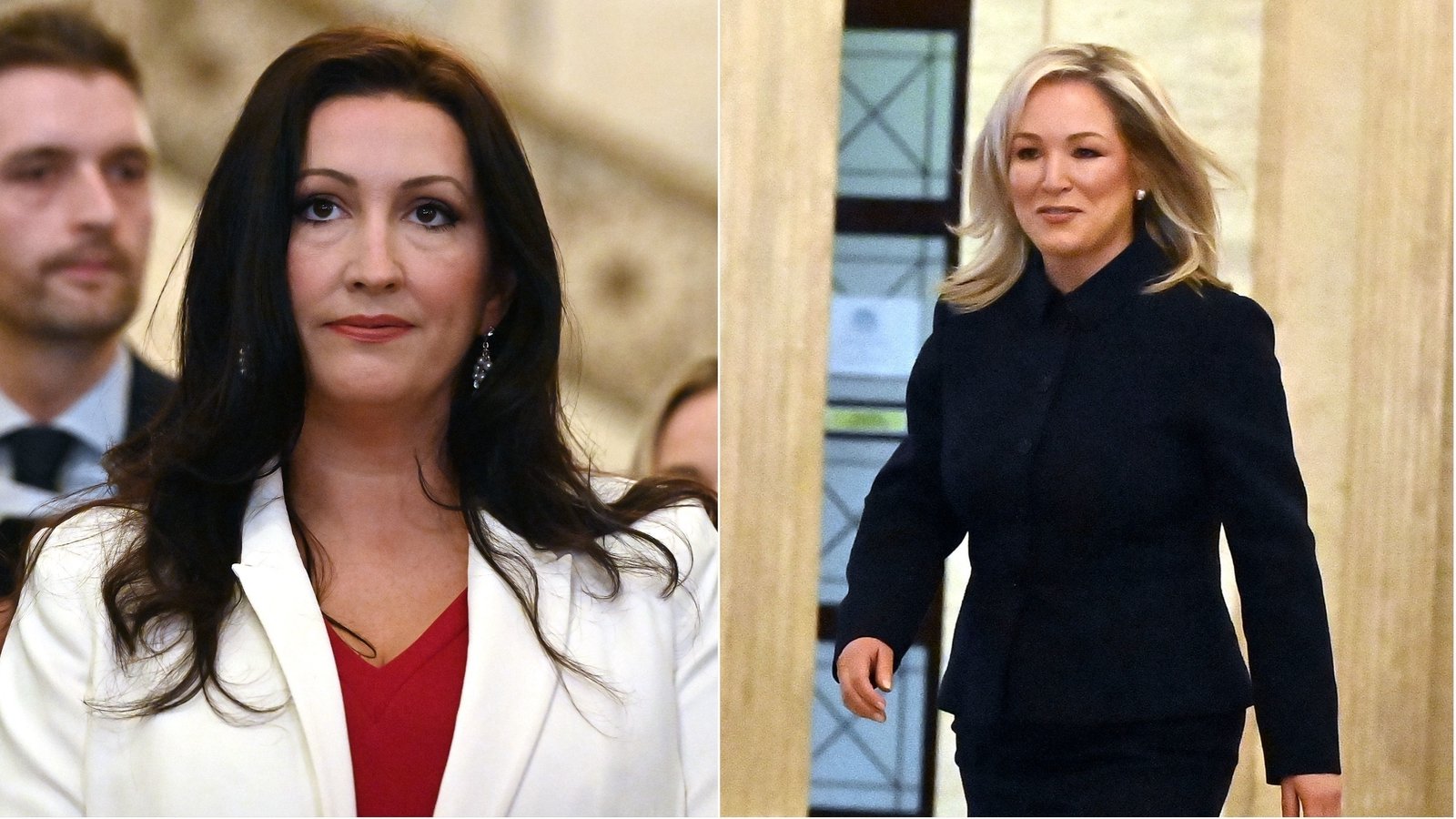
It was a day like no other in the history of Northern Ireland.
Now the work starts for the restored Stormont power-sharing Executive.
“Hopefully … we will move from drama on this hill to delivery for people,” was how Alliance Party leader Naomi Long put it.
After two years of political stalemate, the pressure will indeed be on the new executive to start delivering. And quickly.
The first meeting will take place on Monday, with the public sector pay dispute expected to be top of the agenda.
Northern Secretary Chris Heaton-Harris has confirmed that a £3.3 billion (€3.9 billion) financial package from the British Government will be available for the ministers to spend.
Almost £600 million (€700 million) of that is allocated for settling public sector pay demands and the likelihood is that Michelle O’Neill and Emma Little-Pengelly will want to get off to a good start by releasing that funding as soon as possible.
A quick win that will prove hugely popular with tens of thousands of public sector workers, many of whom voted to for Sinn Fein and the DUP in the Assembly election in May 2022.
But what then?
The fact that DUP leader Jeffrey Donaldson is known to be facing some internal as well as external unionist criticism for taking the party back into power-sharing has led to speculation of “a battle a day” with Sinn Féin.
But after two years of stalemate, there is pressure on the parties to show that they can work together and can deliver and tackle the huge crisis in the health service, as well as many others. That requires a collegiate approach, not the drawing of battle lines.
There was however a bit of skullduggery in the process of the appointment of ministers.
After Sinn Féin took the Department of the Economy the DUP surprised all the other parties by selecting education as its first choice.
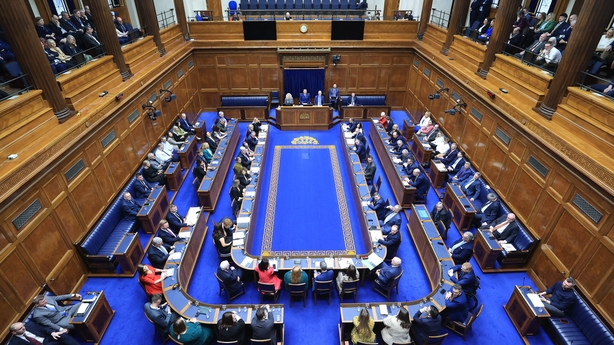
The party had been expected to select finance, to prevent Sinn Féin having control of both major economic levers.
But the DUP has spoken much in recent weeks about prioritising childcare provision and that falls within education.
The party has spoken of a desire to introduce up to 30 hours free childcare per week to help thousands of working families who can’t work because of the cost of childcare.
Sinn Féin had indicated that it wanted the portfolio, and the DUP did not raise any objections, only declaring its hand in the Assembly chamber.
“We always wanted education and never said we didn’t but there was certainly an assumption within Sinn Féin that they would get that department,” says a senior DUP source.
“It was a priority for us and we view it as a big win.”
The surprise move led to Sinn Féin requesting a suspension of the process to consider its alternative and the choice was to take finance.
The party now controls the economy, finance and infrastructure departments, a powerful combination.
The DUP undoubtedly caught Sinn Féin on the hop, but there’s no suggestion of an early breakdown in relationships.
Sinn Féin sources say they returned serve by opting for finance as they had previously indicated their second pick would be the Department for Communities.
“We never dreamt we would get the Economy as well as Finance. No one party has ever held both of those offices before and we’re very surprised to have achieved that.”
So now that the dust has settled on day one, how will the two top parties and politicians get on when the real work gets underway.
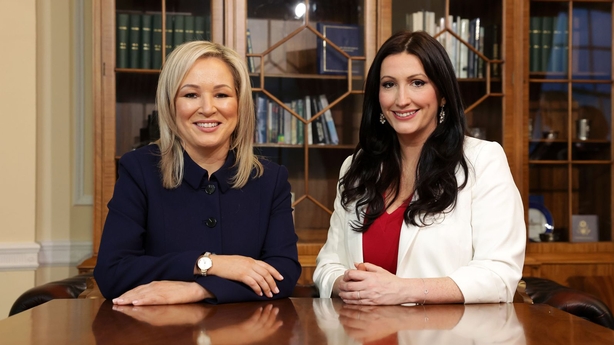
Michelle O’Neill again insisted that she will be “a First Minister for all.”
She knows that unionists will scrutinise her actions closely and jump on any signs that contradict that pledge.
Sinn Féin will also be aware that with a General Election in the Republic on the horizon, its political opponents south of the border will closely monitor the party’s performance in government.
Emma Little-Pengelly also stressed that the problems facing ordinary people are not “orange or green” issues and pledged that she will work with her partner in government.
The DUP will be aware that having collapsed devolution for two years the public may not have the patience for a policy of confrontation.
The history of power-sharing in Northern Ireland suggests that the next crisis could be just around the corner.
The stability, or fragility, of the new institutions could soon be put to the test.

